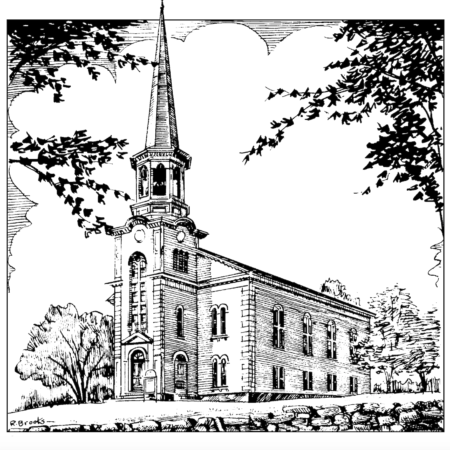The Best of All Beginnings
Genesis 1:1 – 5
1In the beginning when God created the heavens and the earth, 2the earth was a formless void and darkness covered the face of the deep, while a wind from God swept over the face of the waters. 3Then God said, “Let there be light”; and there was light. 4And God saw that the light was good; and God separated the light from the darkness. 5God called the light Day, and the darkness he called Night. And there was evening and there was morning, the first day.
Historical Context
Ancient Near Eastern creation narratives were unapologetically polytheistic. There were many deities, and they each had changing roles and forms. These deities would battle, kill, enslave and retaliate against each other, and humans were often caught in the midst of these disputes. Within this cultural narrative, the creation account in Genesis presents a completely different account of the world’s origins. First of all, the creation in Genesis 1-2:4 is fiercely monotheistic. Not only is there one God, but this God is sovereign and powerful. God says, and it happens. God does not have a singular specified area of competence, but rather he is the creator God of all things.
Theme: The Best of All Beginnings: Where do we come from?
We come from a God who sees. Seven times in the creation narrative, God pauses to reflect on his handiwork. God lingers over his creation. His interest in the world is far from utilitarian. He observes. He notices. We come from a God who pays delighted attention. He sees.
We come from a world that is good. Before there was evil, there was goodness. Genesis 1 is brimming with goodness and blessing. In fact, God pronounces blessing on the created order three times. What would it mean to believe this in a culture increasingly numb to violence, war, corruption, and greed? Would our eyes stop glazing over if we really believed that the world’s default setting is not evil, but radical, world-altering good?
We come from a God who makes new things. God created something new each day. He was an innovator at the world’s beginning. But is he still an innovator now? Do you believe in a God who is stagnant or vibrant? A God whose creative work is finished or ongoing?
We come from the morning and the evening, the light and the darkness. Barbara Brown Taylor writes, “The way most people talk about darkness, you would think that it came from a whole different deity, but no. To be human is to live by sunlight and moonlight, with anxiety and delight, admitting limits and transcending them, falling down and rising up. To want a life with only half of these things in it is to want half a life, shutting the other half away where it will not interfere with one’s bright fantasies of the way things ought to be.”
We come from the likeness of God. Are we like God in spiritual traits? In physical form? In consciousness or creativity? Whether we acknowledge it or not, we reflect something of God’s joy, God’s intentions, God’s love, and God’s beauty just by virtue of existing on the earth.
We come from a God who rests. Honoring this is no small feat in workaholic America, where every hour of every day is measured in profits gained or advantages lost. To remember that God rested is to be both startled and humbled.
Where do we come from? We come from the best of beginnings. We come from a glorious Creator. We come from the loving heart of God.


0 Comments